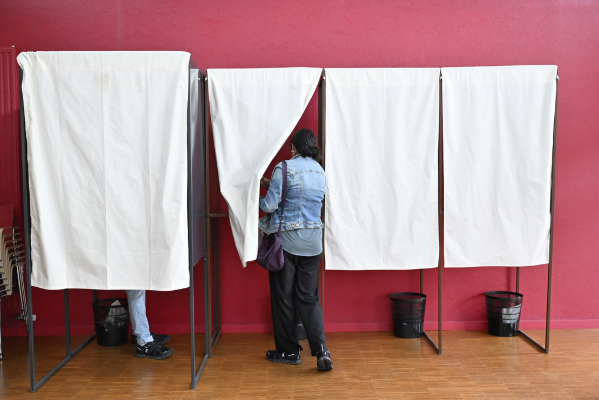The crisis of incumbency - Part 1
By Ben Rosenbaum, Reading time: 3 minutes, 30 seconds
Recent elections across the world have seen incumbent governments in several democratic countries lose power. Is this a trend or a coincidence? And what might be the reasons?
Picture: CC-BY-4.0: © European Union 2024 – Source : EP
Even before Kamala Harris lost the 2024 US Presidential Election to Donald Trump, analysts observed that 2024 was a year in which electorates around the globe either voted the current incumbent governments out of office, or at least left them in a significantly weakened position. From the Democrats in the US to the Tories in the UK, from Japan’s Liberal Democratic Party (which had been in office since 1955) to Macron’s Ensemble, incumbents at least partly lost the confidence of their voters. Widening the perspective, New Zealand’s Labour Party was voted out of office in 2023, and the German and Canadian heads of government face almost certain defeat in elections next year.
Now, it is important to bear in mind that each country and each of those governments and elections have their own set of circumstances, from domestic policy issues to personal approval ratings, scandals and electoral system. To take just one example, the victory of the British Labour Party in July 2024, although a decisive defeat for the ruling Conservatives, was widely seen as a “loveless landslide” due to the first-past-the-post electoral system in the constituencies which can grant huge parliamentary majorities with (in this case) only about 33% of the vote share. In the US, equally, analysts will spend years deciphering the voter decisions in swing states, where small margins can often make a decisive difference in the overall election result. Compare this to Germany’s struggling and now failed three-way coalition, resulting from ever smaller vote margins for each party while more parties enter parliament, and it becomes clear that election results may not always be the decisive endorsement or rejection of the winner that they may seem on paper.
However, with all the examples cited above, there is no getting away from the fact that this year’s crisis of incumbency is a wider phenomenon beyond domestic problems and political cultures. After all, many of these democracies face the same issues, albeit perhaps to varying degrees: the climate crisis and all its consequences, the war in Ukraine, the wars and escalating conflict in the Middle East, economic crises, migration, the green energy transition, the rise of far-right nationalism and increasing societal polarisation. And that’s just scratching the surface. Maybe, as Bernd Ulrich recently posited in DIE ZEIT, electorates would prefer to vote reality out of office, but since that is impossible, they opt for the next best thing: the incumbent government.
And that is in some cases not unreasonable. The state of the US economy, presided over by the Democrats, was one of the factors that is said to have contributed to Harris’ loss to Trump. The UK Conservatives ruled for 14 years, during which time Brexit, the Covid Pandemic, a failing economy and infrastructure as well as several high-profile scandals (that accelerated the already frequent change of Prime Minister) made them increasingly unpopular. The German traffic light coalition was beset by infighting and slow, indecisive decision-making, thus losing the confidence of much of the public. But perhaps there is a deeper cause for the rejection of incumbents beyond day-to-day economic or government performance issues.
While the above observations exemplify the point made by experts that it is difficult to attribute the crisis of incumbency to a single reason or factor, many recent election outcomes have favoured populist forces with anti-elite or even hateful messages, promising to break up the existing system and make politics for ordinary voters. Trump would be the prime example for this. One might therefore believe that anti-elitism as well as hatred play a big part in the rejection of incumbent governments. And yet, the reasons listed above would indicate that there are more factors at play than these anti-elite sentiments. For more on these underlying factors, stay tuned for Part 2 of this series on the crisis of incumbency, in which I will examine the role of populism, anti-elitism and communication between politicians and voters.
